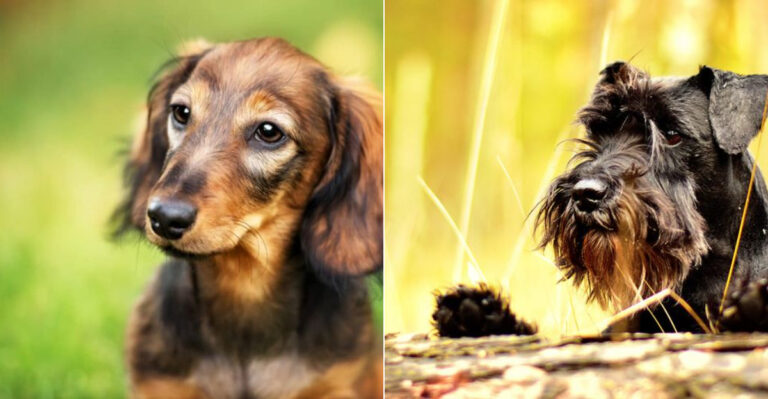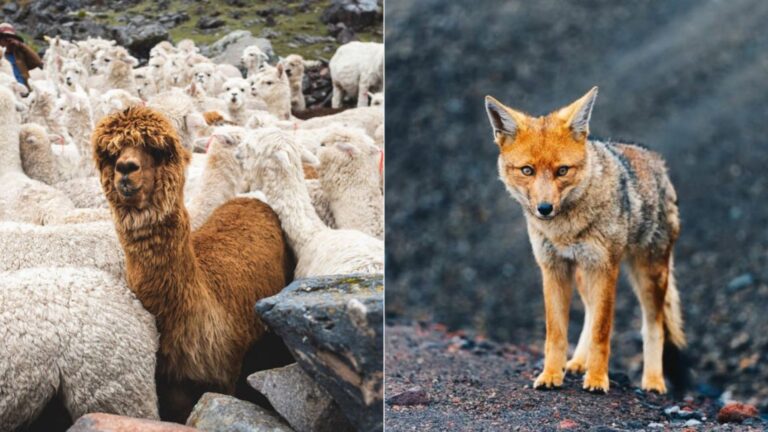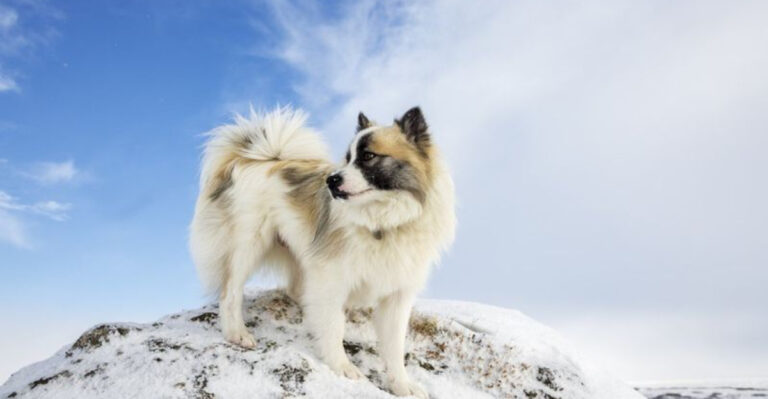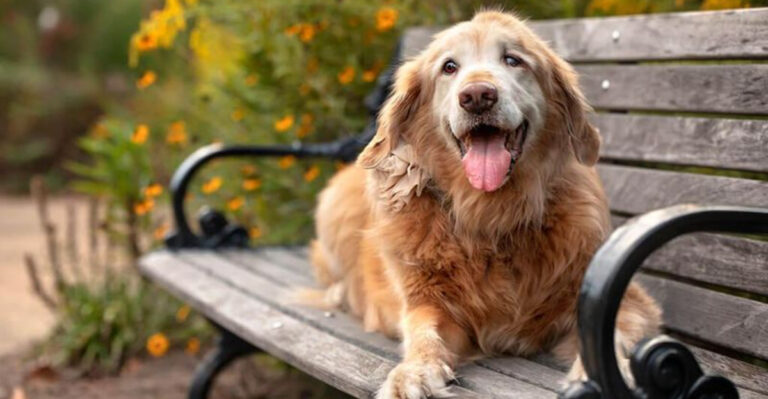Training Struggles: 23 Dog Breeds That Are Tough To Train

Training some dogs can test even the most patient owners. Certain breeds come with stubborn streaks, high energy, or independent minds that make teaching commands a real challenge.
Understanding which dogs are tougher to train helps set realistic expectations and guides the right approach. Let’s explore 23 dog breeds known for their training struggles and what makes each one unique.
1. Coonhounds

Coonhounds may test your patience with their stubborn nature.
These dogs are driven by scent, often leading them to ignore commands when they catch a whiff of something interesting. It’s not that they don’t understand you; they’re just more interested in the world around them.
Training requires a lot of patience and consistency. Make sure to use positive reinforcement to keep them focused. A Coonhound can be a loyal companion, but you’ll need to earn its respect first.
2. Dachshund

With their long bodies and short legs, Dachshunds are as charming as they are opinionated.
Training these little diggers can be challenging due to their stubborn streak and independent nature. They might be small, but they have big personalities!
Starting training early with plenty of rewards can help.
Patience is key, and consistency will be your best friend. Despite their mischievous nature, Dachshunds are loving companions, making every training struggle worth it.
3. Mastiff
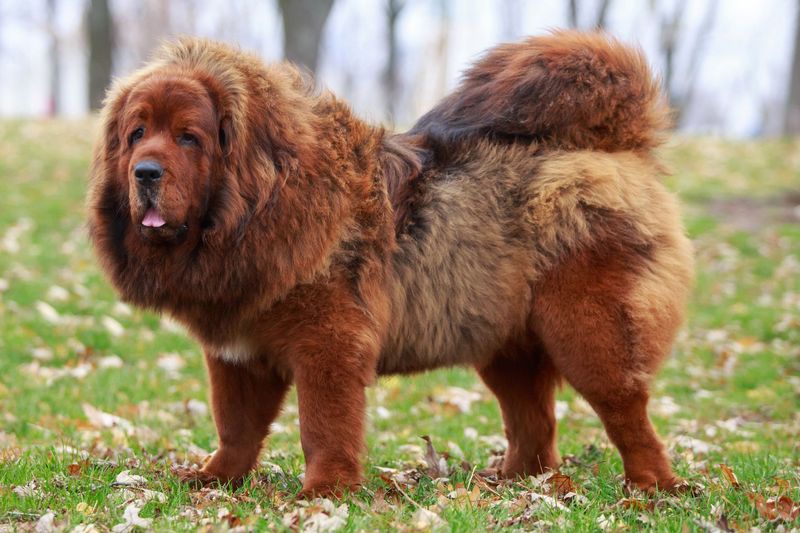
The Mastiff is a gentle giant with a mind of its own.
Known for their protective nature, these dogs can be quite stubborn when it comes to training. Their size can make things tricky, especially if they’re not in the mood to cooperate.
Consistent, gentle training is the best approach. Patience and positive reinforcement will help in managing this sizeable challenge.
Once trained, their loyalty and protective instincts make them wonderful family dogs.
4. Lhasa Apso

Lhasa Apsos can be a bit aloof, often acting more like cats than dogs. Their independent nature makes training a little tricky, as they like to do things on their own terms.
Building mutual respect is essential. Use gentle training methods and plenty of positive reinforcement.
This breed’s independence can be endearing, but it requires patience to bring out the best in them. Once bonded, their loyalty shines through.
5. Bulldog
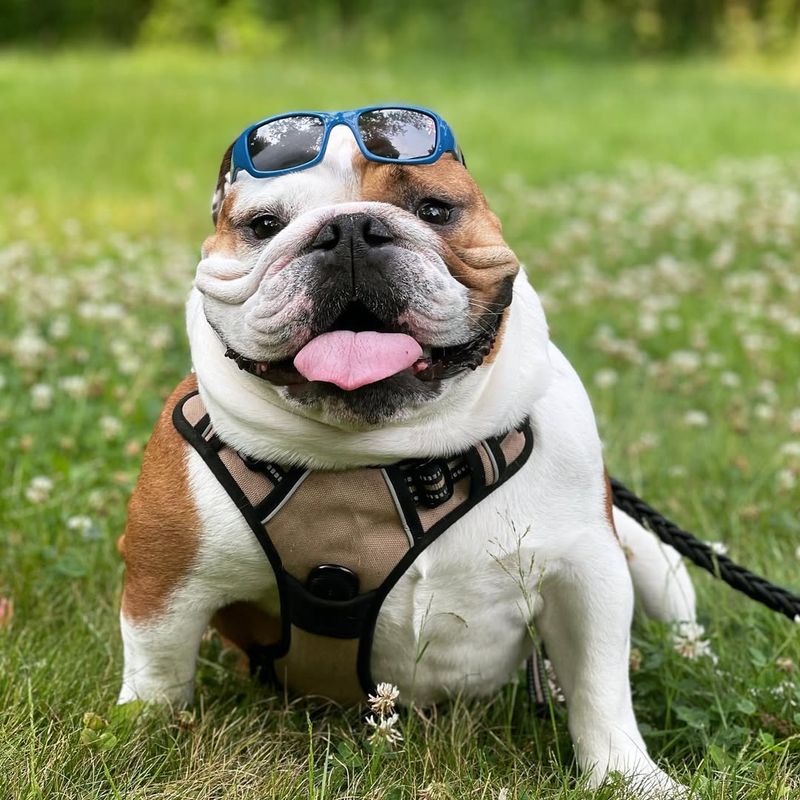
Bulldogs are known for their laid-back attitude, which can sometimes be confused with stubbornness. They often prefer lounging to learning, making training a bit of a challenge.
Using short, fun training sessions helps to keep their interest. Patience and persistence will eventually win them over. Their loving nature and unique personalities make up for the stubborn moments.
6. Husky
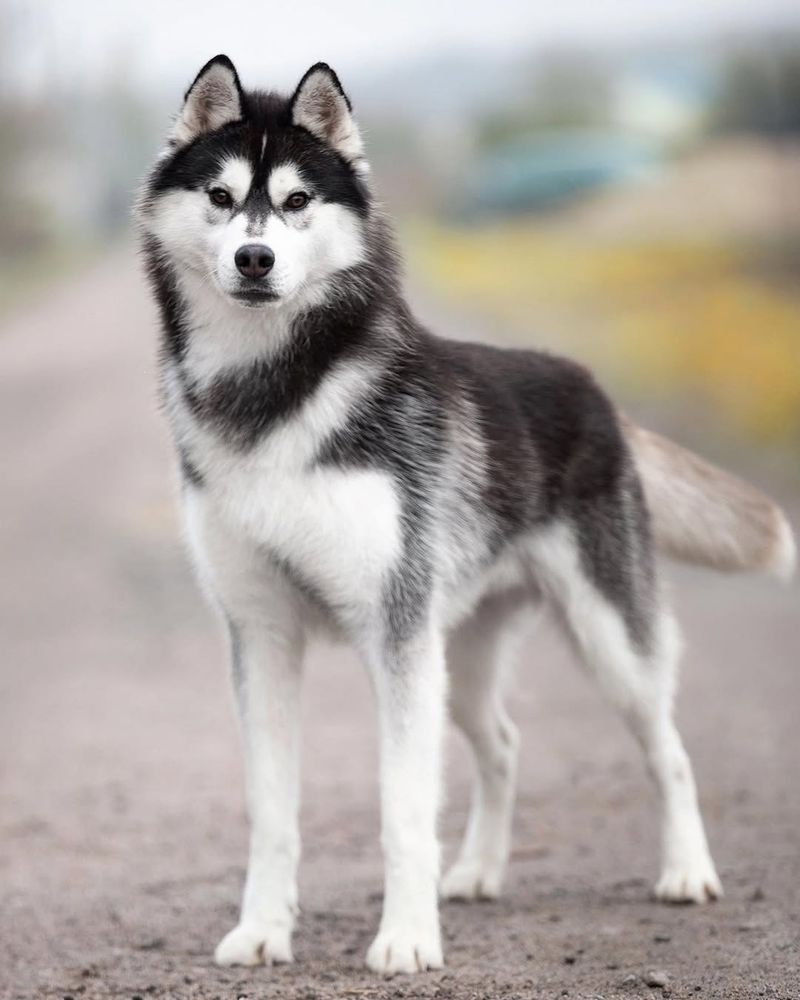
Huskies are as independent as they are beautiful, with a high energy level that can make training a whirlwind experience. Their intelligence means they know what you’re asking; they just might not want to comply.
Consistent, energetic training sessions are key. These dogs thrive with plenty of exercise and mental stimulation. Embrace their mischievous side, and you’ll find a loyal and adventurous companion.
7. Beagle

Beagles are curious creatures, often led by their noses to explore the world. This inquisitive nature can make training a bit challenging, as they’re easily distracted by scents.
Positive reinforcement and engaging activities can help keep their attention. Patience is a virtue with Beagles, but their cheerful nature makes them worth every effort.
8. Shiba Inu

Shiba Inus are known for their aloof personalities and cat-like independence. This breed often prefers to do things on their own terms, making training a unique challenge.
Building a strong bond through respect and trust is essential. Consistent, positive reinforcement is key to success. Their unique personalities shine through when trained with love and patience.
9. French Bulldog

French Bulldogs are a delightful blend of stubbornness and charm. Their independent nature means they’re not the easiest to train, often preferring to do things their way.
Short, engaging training sessions work best. Patience and positive reinforcement can turn them into obedient and loving companions. Their quirky personalities make every training session a joy.
10. Bloodhound
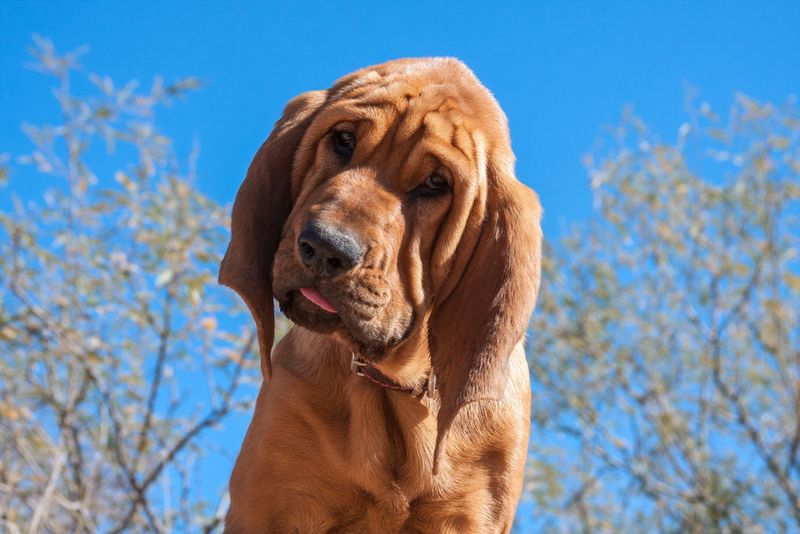
Bloodhounds are renowned for their incredible sense of smell, which can lead them to ignore commands in pursuit of an interesting scent. This focus on scent can make training them a bit challenging.
Consistent training and plenty of exercise are vital. Patience and understanding will help in managing their scent-driven nature. They are affectionate companions, making the effort worthwhile.
11. Chihuahua

Chihuahuas may be tiny, but they have big personalities and even bigger attitudes. Training can be challenging due to their stubborn streak and tendency to act like they’re much larger than they are.
Patience and persistence are crucial. With consistent training and positive reinforcement, they can become well-behaved companions. Their loyalty and spunk make them delightful pets.
12. Pekingese

Pekingese are dignified dogs, often behaving more like royalty than pets. Their independent nature can make training a royal challenge.
Gentle, consistent training with plenty of rewards will help. Building trust and mutual respect is key. Once bonded, their loyalty and affection shine.
13. Basenji
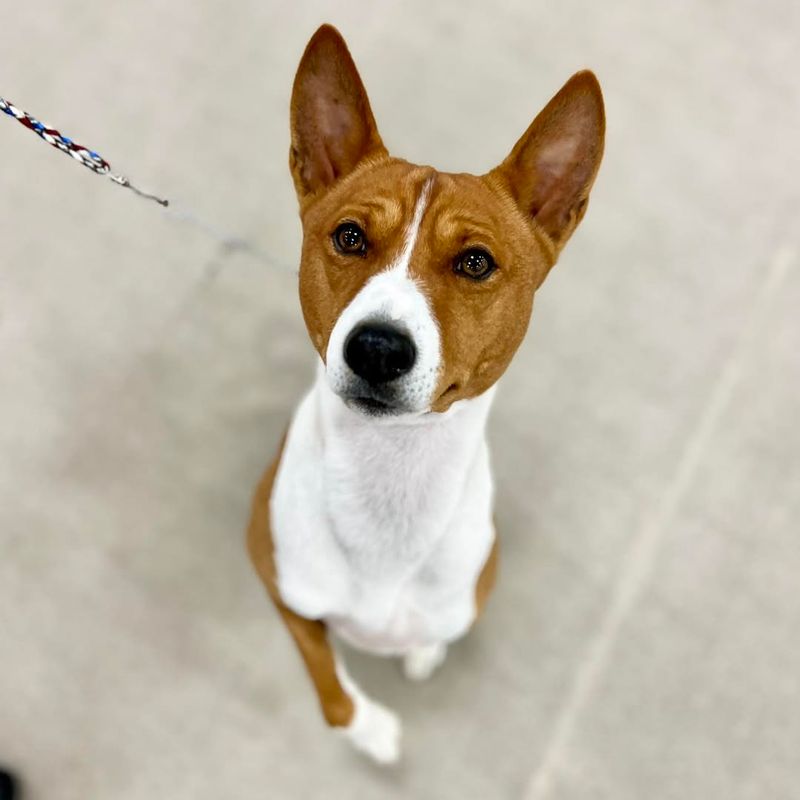
Basenjis are known for their independence and unique personalities. Training these “barkless” dogs can be a challenge due to their strong will and curiosity.
Patience and consistency are essential. Positive reinforcement and engaging activities work best. Their playful nature and intelligence make training a rewarding experience.
14. Chow Chow
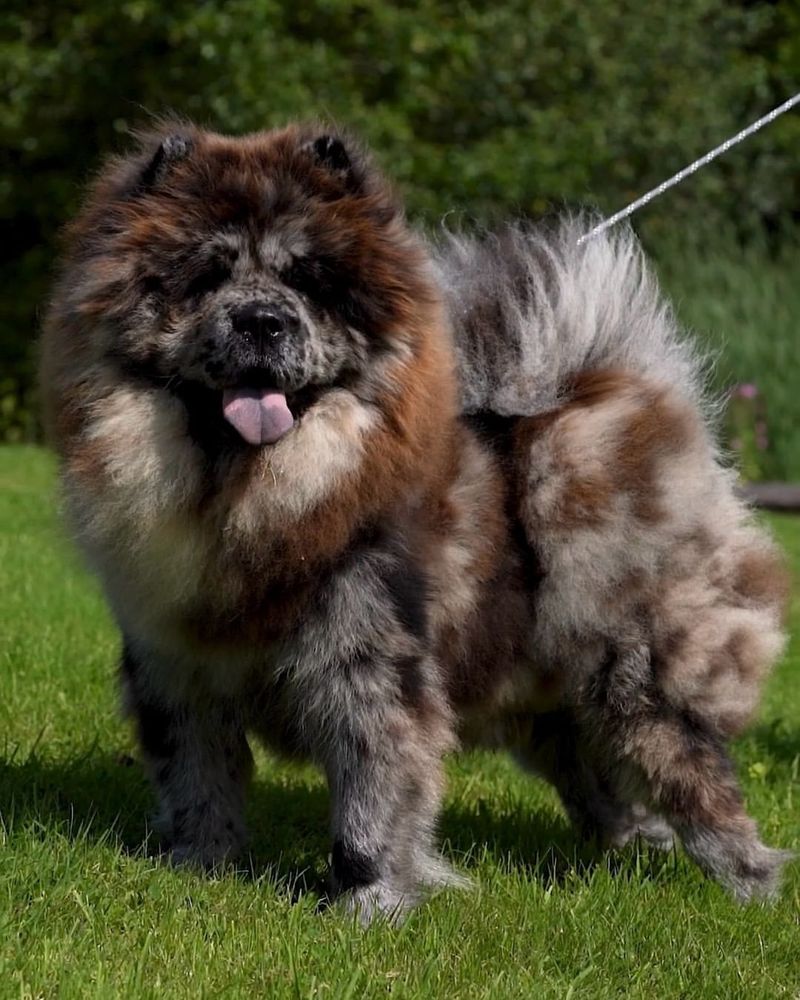
Chow Chows are known for their lion-like appearance and aloof demeanor. Their independent nature makes training a challenge, as they often prefer to think for themselves.
Building a strong bond through mutual respect and trust is crucial.
Gentle, consistent training with plenty of positive reinforcement can bring out the best in them. Their loyalty and protective nature make them loving companions.
15. Afghan Hound
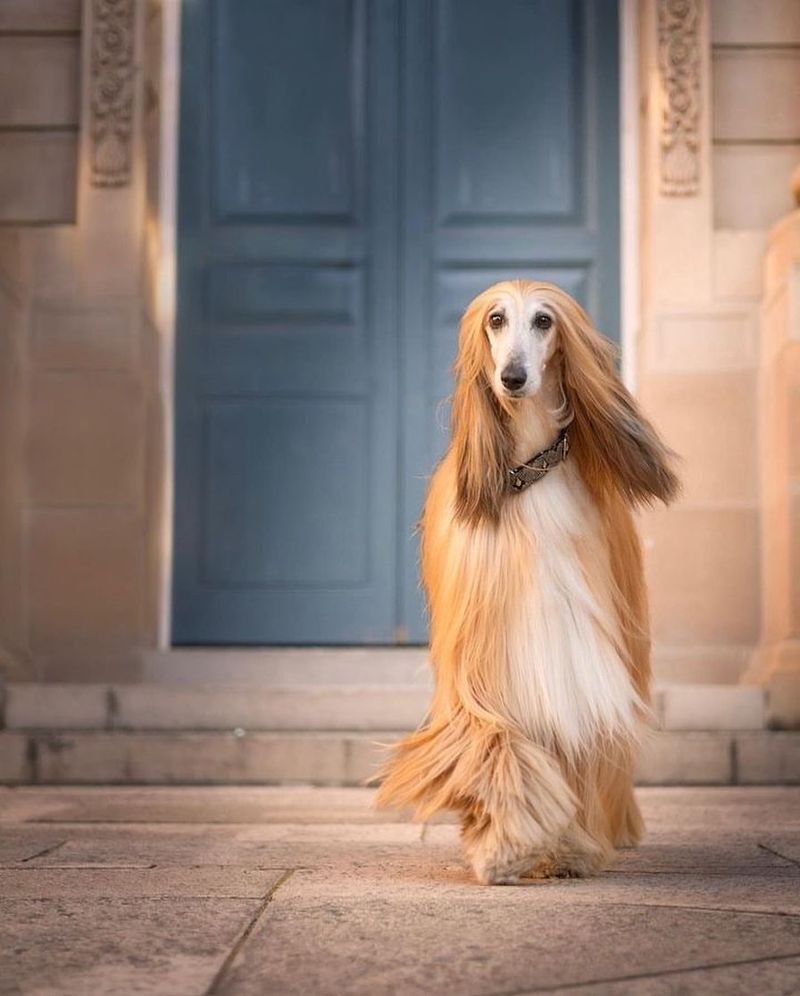
Afghan Hounds are known for their elegance and aloof nature. Training them can be a challenge due to their independent spirit and selective hearing.
Patience and consistency are key. They respond well to gentle, positive training methods. Their grace and beauty are worth the effort it takes to train them.
16. Pug

Pugs are known for their adorable wrinkles and quirky personalities. Training them can be a challenge due to their stubbornness and love for attention.
Short, engaging training sessions work best. Consistency and positive reinforcement are key to success. Their playful nature and affection make them delightful companions.
17. Borzois
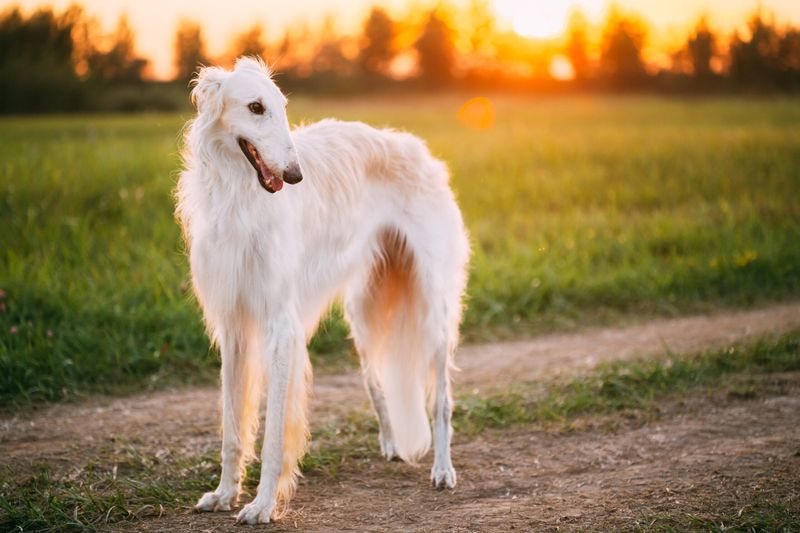
Borzois are known for their elegant appearance and independent nature. Training them can be challenging due to their aloof demeanor and strong prey drive.
Gentle training methods and positive reinforcement work best. Patience and understanding are essential. Their grace and calm demeanor make them wonderful companions.
18. Border Collie
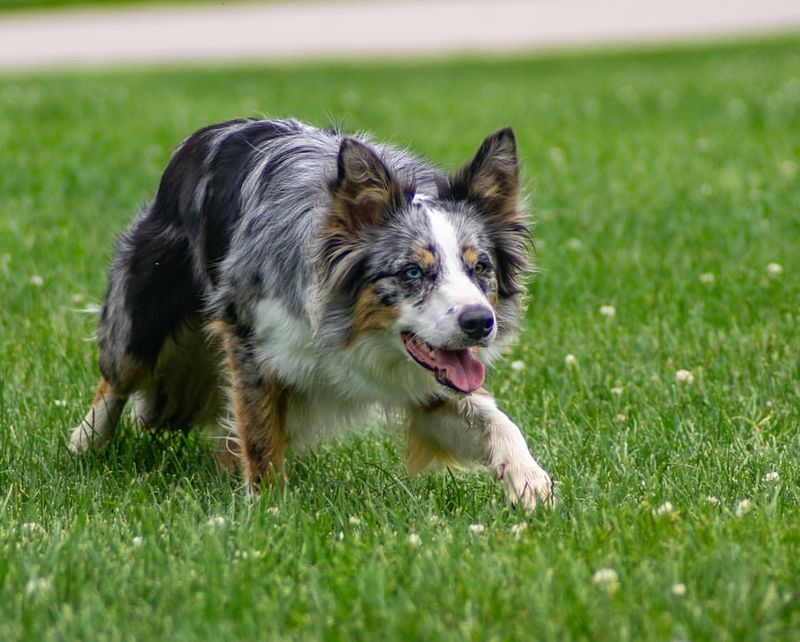
Border Collies are known for their intelligence and energy. Training them can be a challenge due to their high energy levels and need for mental stimulation.
Consistent, engaging training sessions are essential. They thrive with plenty of exercise and mental challenges. Their intelligence and loyalty make them exceptional companions.
19. Jack Russell Terrier

Jack Russell Terriers are bundles of energy and mischief, making training a lively affair. Their independent nature and high energy levels require a patient and consistent approach.
Engaging training sessions with plenty of rewards work best. Patience and understanding are key to managing their spirited nature. Their intelligence and playfulness make them delightful companions.
20. Great Pyrenees
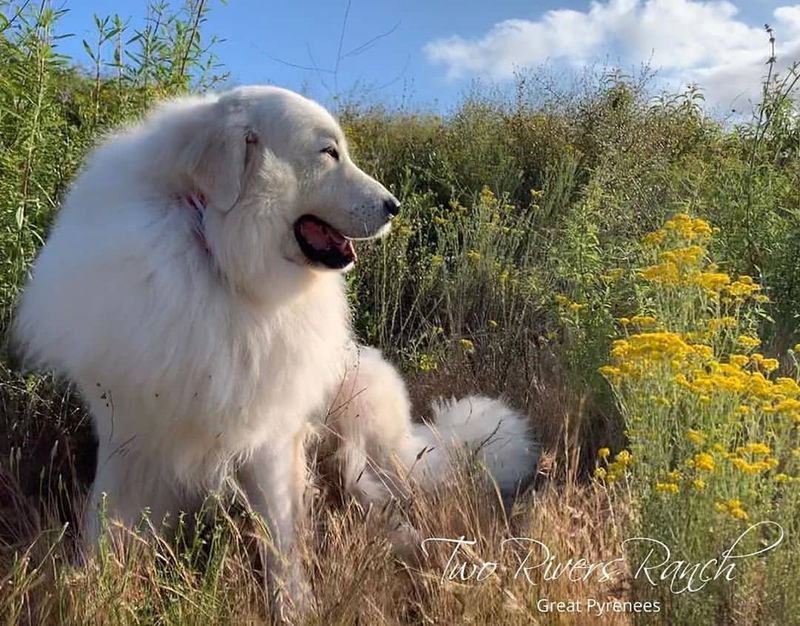
Great Pyrenees are known for their protective nature and calm demeanor. Training them can be challenging due to their independent spirit and strong protective instincts.
Gentle, consistent training with positive reinforcement is essential. Building trust and mutual respect is key. Their loyalty and gentle nature make them wonderful family dogs.
21. Basset Hound

Basset Hounds are known for their laid-back attitude and incredible sense of smell. Training them can be challenging due to their stubbornness and scent-driven nature.
Patience and consistency are crucial. Positive reinforcement and engaging activities help keep their attention. Their affectionate nature makes them worthwhile companions.
22. Dalmatian
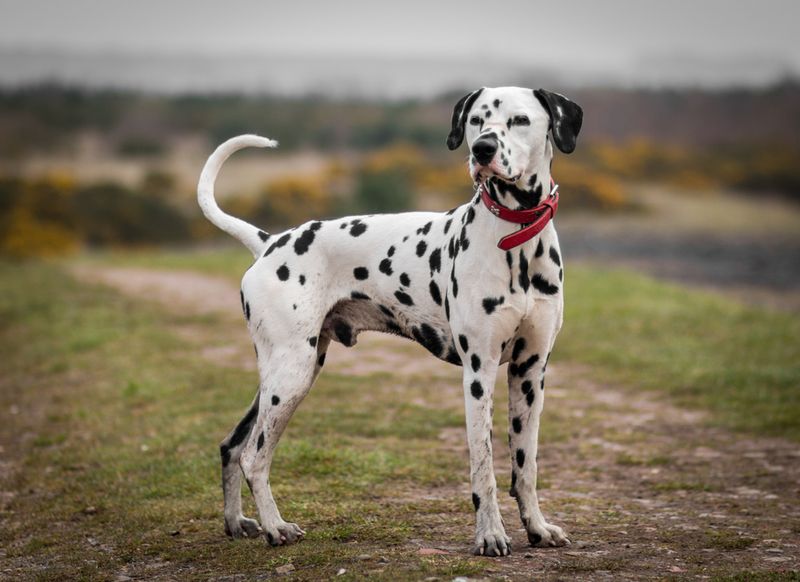
Known for their striking spotted coats, Dalmatians are full of energy and curiosity. Their independent streak means they often have their own ideas about what they want to do, which can challenge training efforts.
Historically bred as carriage dogs, they have an innate desire to explore and roam. This adventurous spirit can make recall training particularly difficult.
Owners should prepare for a training journey filled with patience and creativity. Engaging games and positive reinforcement can go a long way. Their intelligence and loyalty make the extra effort worthwhile.
23. Scottish Terrier

With their iconic bushy beards and feisty attitudes, Scottish Terriers are as charming as they are headstrong. Their stubbornness can be both endearing and exasperating when it comes to training.
Originally bred to hunt and dig, they possess a strong will and independence. Consistency and firm guidance are key to overcoming their training hurdles.
Despite their small stature, they have a giant personality that requires a strong yet understanding hand. Every little victory in training a Scottie is as rewarding as their spirited companionship.

